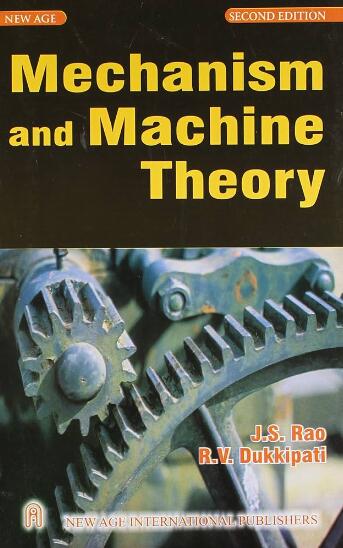识别流体动力轴颈轴承中的非圆形轮廓
IF 4.5
1区 工程技术
Q1 ENGINEERING, MECHANICAL
引用次数: 0
摘要
流体动力轴承,尤其是圆柱径向滑动轴承,因其高承载能力和低摩擦能量损失而被广泛应用于工业领域。然而,这些轴承很容易出现磨损和椭圆化等故障,从而使其圆形轮廓变形并影响其振动响应。检测这些故障对于减少其对生产的影响至关重要。本研究介绍了一种识别非圆形轮廓流体动力轴承的方法。轴承模型及其数值解决方案采用有限体积法实现,故障影响纳入有限元法建模的旋转系统中。生成的数据集反映了工业应用中的三种常见故障条件:磨损、椭圆化以及椭圆化与磨损的组合。作者利用该数据集训练了多层感知器(MLP)神经网络,该网络可根据动态响应的特定属性识别轴承轮廓形状。对三种故障条件的识别测试表明其准确性很高,尤其是在区分椭圆化和磨损方面。本文章由计算机程序翻译,如有差异,请以英文原文为准。
Identification of non-circular profiles in hydrodynamic journal bearings
Hydrodynamic bearings, especially cylindrical radial plain journal bearings, are widely utilized in industry for their high load capacity and low friction energy losses. However, these bearings are prone to faults such as wear and ovalization, which can deform their circular profile and affect their vibrational response. Detecting these faults is essential to reduce their impact on production. This study introduces a methodology to identify hydrodynamic bearings with non-circular profiles. The bearing model and its numerical solution are implemented using the Finite Volume Method, with the effects of failures incorporated into a rotating system modeled by the Finite Element Method. A dataset is generated to reflect three common failure conditions in industrial applications: wear, ovalization, and a combination of ovalization with wear. The authors used this dataset to train a Multilayer Perceptron (MLP) neural network, which can identify the bearing profile shape based on specific attributes of the dynamic responses. The identification tests for the three fault conditions demonstrated high accuracy, particularly in distinguishing between ovalization and wear.
求助全文
通过发布文献求助,成功后即可免费获取论文全文。
去求助
来源期刊

Mechanism and Machine Theory
工程技术-工程:机械
CiteScore
9.90
自引率
23.10%
发文量
450
审稿时长
20 days
期刊介绍:
Mechanism and Machine Theory provides a medium of communication between engineers and scientists engaged in research and development within the fields of knowledge embraced by IFToMM, the International Federation for the Promotion of Mechanism and Machine Science, therefore affiliated with IFToMM as its official research journal.
The main topics are:
Design Theory and Methodology;
Haptics and Human-Machine-Interfaces;
Robotics, Mechatronics and Micro-Machines;
Mechanisms, Mechanical Transmissions and Machines;
Kinematics, Dynamics, and Control of Mechanical Systems;
Applications to Bioengineering and Molecular Chemistry
 求助内容:
求助内容: 应助结果提醒方式:
应助结果提醒方式:


